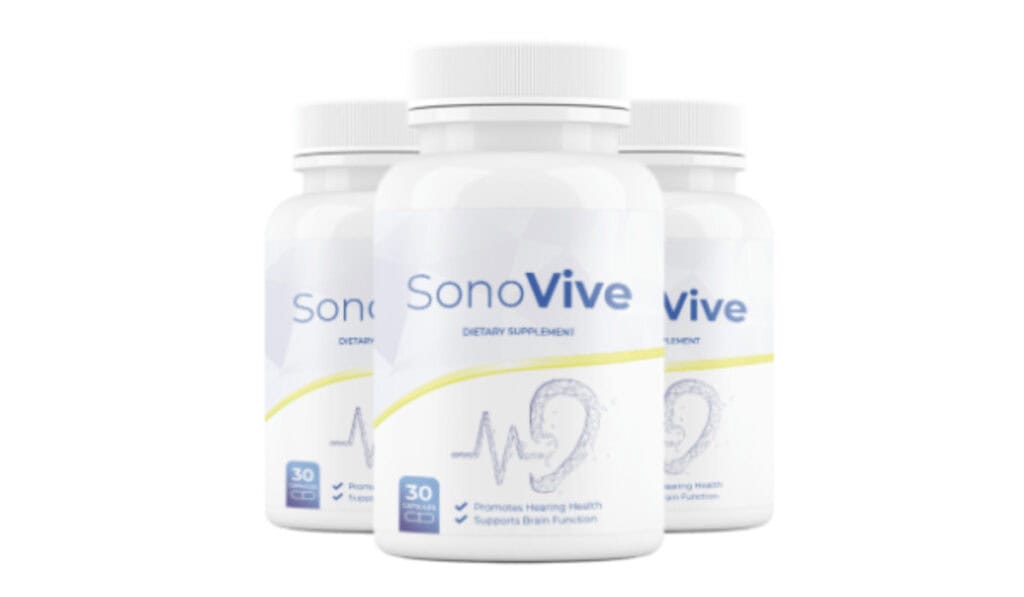Practical Lifestyle Adjustments and Enhancing Daily Experiences
Maintaining hearing health is crucial, especially when facing challenges like noise-induced hearing loss. By minimizing exposure to loud noises and adopting a daily routine that includes specific daily activities designed to protect the delicate structures of your ears, you can navigate daily life more effectively. It’s also essential to create a supportive environment that acknowledges the difficulties of managing in noisy environments, enhancing your ability to participate fully in daily activities.
From making phone calls to engaging in social gatherings, hearing loss can impact all aspects of daily life. Regular hearing assessments are vital, helping you understand your hearing needs and how best to meet them. By adjusting your daily routine and surroundings to better suit your hearing capabilities, you can continue to enjoy a rich, fulfilling life despite the challenges posed by hearing loss.
Empowering Yourself with the Right Tools and Information
Equipping yourself with assistive devices can transform your experience of daily activities. These tools are designed to enhance your hearing capabilities, ensuring that you can participate fully in conversations and other aspects of daily life without feeling left out or isolated.
Embrace the World of Hearing Aids
hearing aids, when adjusted appropriately and maintained through regular hearing aid maintenance, pave the way for seamless integration into your life. They contribute to maintaining your ear canal health, engage you in conversations with clarity, and offer noise reduction through directional microphones. Cleaning them with a dry cloth can prevent the increased risk of infections, ensuring your device functions optimally.
Selecting the Right Hearing Aids for Your Lifestyle
Choosing hearing aids that suit your lifestyle means considering various features such as battery life, water resistance, and whether they have connectivity options for your devices. It’s about finding a balance between comfort, functionality, and how well they help you engage in your favorite activities. Whether it’s enjoying music, spending time outdoors, or attending social gatherings, the right hearing aids can significantly enhance your experience.
The Importance of Regular Maintenance for Hearing Devices
Keeping your hearing devices in excellent condition is key to ensuring they perform at their best. Regular maintenance can prevent common problems and extend the lifespan of your devices, saving you time and money in the long run.
Keeping Your Hearing Aids in Top Condition
To keep your hearing aids in top condition, regular cleaning is a must. This includes daily checks for earwax buildup and moisture, which can affect performance. Additionally, scheduling professional cleanings and check-ups can help catch any potential issues early, ensuring your hearing aids continue to support your lifestyle effectively.
Utilizing Assistive Listening Devices for Better Communication
Assistive listening devices are invaluable for those seeking to improve communication. By amplifying sounds, they make it easier to understand speech in various settings, complementing the function of hearing aids and enhancing overall hearing accessibility.
How Assistive Devices Complement Hearing Aids
Assistive devices work alongside hearing aids to amplify sounds, making it easier to navigate conversations and daily activities. Whether it’s a personal amplifier for one-on-one conversations or advanced systems designed for use in public venues, these tools can drastically improve your listening experience, allowing for clearer communication and greater enjoyment in social situations.
Adapting Your Environment and Habits for Optimal Hearing
Creating an environment conducive to your hearing needs involves both modifying your surroundings and adjusting your daily habits. This proactive approach can significantly enhance your ability to hear and interact with the world around you.
Strategies to Minimize Exposure to Loud Noise
For individuals with hearing challenges, minimizing exposure to loud noises is crucial. Adopting hearing protection like earplugs or earmuffs in noisy environments can safeguard the existing hearing you have, reducing the risk of further damage. Seeking out quieter environments whenever possible also contributes to a healthier hearing lifestyle.
Identifying and Avoiding Sources of Loud Noise
Living well with hearing loss means being mindful of environments that pose a risk to your hearing. Identifying sources of loud sounds and taking protective measures, such as wearing ear protection or choosing quieter environments, can help protect your existing hearing and reduce the impact of hearing challenges on your daily life.
Enhancing Communication with Friends and Family
Adjustment period and untreated hearing issues can strain relationships. By employing communication strategies like using visual cues and speaking at a moderate pace, you can improve interactions with friends and family, ensuring you don’t miss out on meaningful connections.
Tips for Effectively Sharing Your Hearing Loss Experience
Sharing your hearing loss experience with others is crucial for building a supportive environment. Educate your loved ones about noise-induced hearing risks, the importance of minimizing phone calls in noisy environments, and how daily life adjustments can make a significant difference. Regular hearing assessments and maintaining your daily routine also play a vital role in managing your hearing health effectively.
Optimizing Your Home for Better Listening
Adjusting your home environment can significantly improve your listening experience. Consider the acoustics of each room and how furniture placement can affect sound. Simple changes can make a big difference in how well you can hear and participate in family conversations.
Arranging Spaces to Support Your Hearing Needs
Creating an optimal listening environment at home involves practical advice on arrangement and technology. Using soft furnishings to reduce echo, positioning seating to face speakers during conversations, and utilizing technology designed to enhance sound clarity can all contribute to a more hearing-friendly home.
Proactive Measures for Sustained Hearing Health
Maintaining your hearing health involves more than just using hearing aids; it requires a holistic approach that includes diet, regular check-ups, and being prepared for the unexpected. By adopting proactive measures, you can support your hearing health and ensure that you are equipped to manage any challenges that arise.
The Role of Good Nutrition in Hearing Health
A diet rich in nutrients can boost your overall health, including that of your ears. Good nutrition supports blood circulation, which is vital for maintaining the delicate structures inside your ears. By choosing foods that enhance blood flow, you’re indirectly supporting your hearing and potentially leading to hearing preservation over time.
Nutritional Choices That Support Ear Health
For ear health, practical advice includes incorporating omega-3 fatty acids, antioxidants, and minerals like magnesium into your diet. These nutrients are known to support ear health by enhancing blood circulation and protecting against damage from loud noises. Including foods like fish, nuts, and leafy greens in your meals can be a delicious way to support your hearing health.
Staying Ahead with Regular Consultations with an Audiologist
Regular check-ups with an audiologist are crucial for staying ahead in your hearing health journey. These visits allow for the early detection of changes in your hearing and the adjustment of hearing aids or treatment plans as needed.
How Audiologists Can Guide Your Hearing Loss Journey
Audiologists play a central role in guiding you through your hearing loss journey. They can provide personalized advice, help you select and adjust to hearing aids, and explore other treatment options. Their expertise is invaluable in navigating the complexities of hearing loss and ensuring that you receive comprehensive care.
The Significance of Carrying Extra Batteries and Accessories
Being prepared for unexpected hearing aid outages is essential for anyone relying on these devices. Carrying extra batteries and accessories ensures that your hearing assistance is not interrupted, allowing you to continue your daily activities without disruption.
Preparing for Unexpected Hearing Aid Outages
To minimize the impact of unexpected hearing aid failures, always have a set of spare batteries and necessary accessories on hand. This preparation can make a significant difference in your ability to communicate effectively, especially in critical situations. Staying prepared means you’re always ready to tackle hearing challenges head-on.
Conclusion: Embracing a Fulfilling Life with Hearing Loss
Living well with hearing loss is entirely possible with the right mindset and adjustments. By integrating practical strategies and embracing the technology available, you can lead a rich and fulfilling life. Remember, experiencing hearing loss is just one aspect of your journey, not the entirety of it.
Integrating Practical Adjustments for a Richer Life Experience
Adapting to life with hearing loss involves using hearing devices effectively, ensuring your hearing aid fitting is accurate, and employing strategies for coping. These adjustments, although they may seem daunting at first, can significantly enhance your quality of life, even if you have severe hearing loss.
Celebrating Small Victories in Your Hearing Loss Journey
Every step forward in managing your hearing health deserves recognition. Whether it’s noticing an improvement in understanding conversations, finding comfort in wearing hearing aids, or successfully navigating a challenging auditory environment, these small victories are worth celebrating. They are markers of your resilience and adaptability on this journey.







